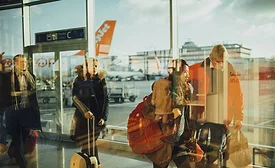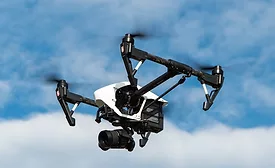Physical
Enterprise Services
Centralized supply chain security programs yield efficiency
Finding efficiencies in supply chain security is as simple as enveloping more of your supply chain. Kirsten Provence has led Boeing’s supply chain security program for nearly a decade; here she explains what has propelled efficiency gains by scaling the program using subsidiaries.
June 11, 2021
Sign-up to receive top management & result-driven techniques in the industry.
Join over 20,000+ industry leaders who receive our premium content.
SIGN UP TODAY!Copyright ©2026. All Rights Reserved BNP Media.
Design, CMS, Hosting & Web Development :: ePublishing










